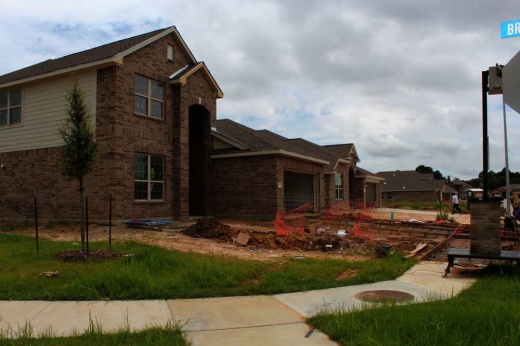The city of Tomball includes about 3,800 homes, Esquivel said. About 2,100 new homes are anticipated within five years, he said. Additionally, the city is on track to receive about $4 million more in general fund revenue than was anticipated for fiscal year 2020-21, approximately half of which stems from new development and associated fees, Esquivel said.
What is a public improvement district?
A public improvement district, or PID, is a real estate development tool similar to a municipal utility district, or MUD, that allows a developer to recoup costs spent on a project by assessing fees to homebuyers.There are 11 PIDs in the city of Tomball as approved by City Council members, which span most of the city’s new residential communities.
Fees are paid to the city, which then makes a payment to reimburse developers for the cost of specified improvements.
PIDs have either a 15- or 30-year lifetime, over which homeowners pay an assessment per lot. Most existing PIDs in the city have a 15-year lifespan.
New legislation
House Bill 1543, which was signed into law June 4 and will take effect Sept. 1, seeks to increase transparency in home sales within a PID as PIDs become more common in Texas, according to an analysis of the bill by the Senate Research Center.Current law states the seller must provide notice to the homebuyer at the time the purchase contract is entered that the property is assessed a PID fee.
Under HB 1543:
- A seller must provide notice both at the time of contracting and closing.
- The homebuyer must acknowledge receipt of the required notice.
- The buyer can terminate the contract if the seller does not provide notice.





